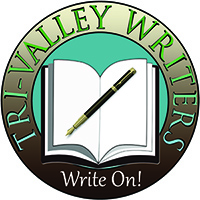
Writing PILZ with the door to my study closed didn’t prevent a nagging little harpy from whispering into my ear: “What is your mother going to say about those naughty words?. . . and the sex? My God, nice girls don’t portray things like that on paper. . . and the violence? Do you really need to describe the rape scene so graphically? Couldn’t you just allude to it?”
While a nice girl might be able to write those things, she wouldn’t want to offend anyone.
I’m a member of a book group that is an off-shoot of my critique group. This book group is less interested in pop-fiction and NYT best sellers than in reading books with significance to writing. We choose genre books, and, yes, popular fiction, but the discussions are about why it worked (sold) or didn’t. We also read books on the craft of writing. This month we chose the original On Writing: A Memoir of the Craft, by Stephen King (Scribner, October 2000).
In a chapter on dialogue, King emphasizes the importance of honesty if you want your characters’ words to be believed. The Legion of Decency be damned, he suggests. If your protagonist has just slammed her thumb with a hammer, the word that escapes is a hundred times more likely to be shit than sugar. The words a writer uses and the scenes she describes may offend her sensibilities as much as they do her readers, but if she cannot tell the story honestly, she has no business writing it.
Thank you Mr. King. You’ve given me license to write without self-censorship. And, by the way, my mother loves PILZ (not surprising since she’s my mother). Her litany isn’t “clean it up” but “get it published.”
Visit J. K. Royce blog.
